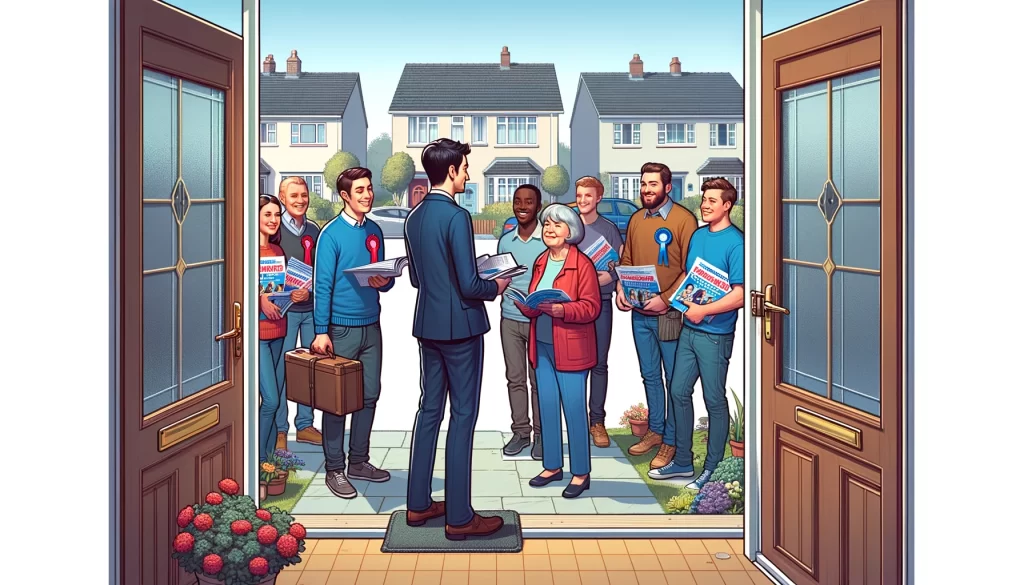
Predicting elections is a mug’s game. They often surprise everyone, and there are some striking examples from recent UK history. For instance, during the Brexit referendum, you could still get odds of 8 to 1 on Remain winning while the votes were being counted. Similarly, Theresa May entered the 2017 General Election with a lead in the polls of around 20%, but still lost her majority on the day itself. People are fickle, and it seems like they’re becoming even more so. Even though the Labour Party has maintained a lead of around 20% for nearly a year and the Conservatives have hit their worst poll numbers ever, I still wouldn’t rule out the possibility of an upset that keeps the Tories in power.
Despite this unpredictability, I will make a prediction. I think the results for the Reform Party will be underwhelming. I don’t just mean they won’t win any seats—that’s the widely held view. They are currently attracting support from 10% to 15% of voters asked who they are likely to support. But unlike the Liberal Democrats and the Scottish Nationalists, they don’t have areas of strong support, which is critical in the first-past-the-post system.
However, that doesn’t mean their presence is inconsequential. If they draw more votes from the Conservatives than from Labour, they could still influence which of the major parties gets into power. Despite this, I think their support will fall well short of the pollsters’ projections. A useful benchmark is UKIP, which got 12.6% of the vote in 2015 and pushed David Cameron into calling the Brexit referendum, with disastrous consequences for the country.
But times have changed. The Brexit Party, which later became the Reform Party, is not UKIP 2.0. While UKIP was a genuine party with a grassroots membership, the Reform Party is structured differently. UKIP had real people on the ground, engaging in local politics and holding serious conferences to discuss political issues. In contrast, the Reform Party is registered as a business with shareholders. This allows them to avoid dealing with activists and their opinions, opting instead for a carefully managed image with a photogenic leader. The leader might as well have been selected from a TV show called “Britain’s Got Populists.”
This lack of grassroots support could be their undoing. They don’t have a network of candidates or local knowledge to draw from, making them likely to be overlooked in the heat of a general election. My bet is that they will, in fact, be ignored.
